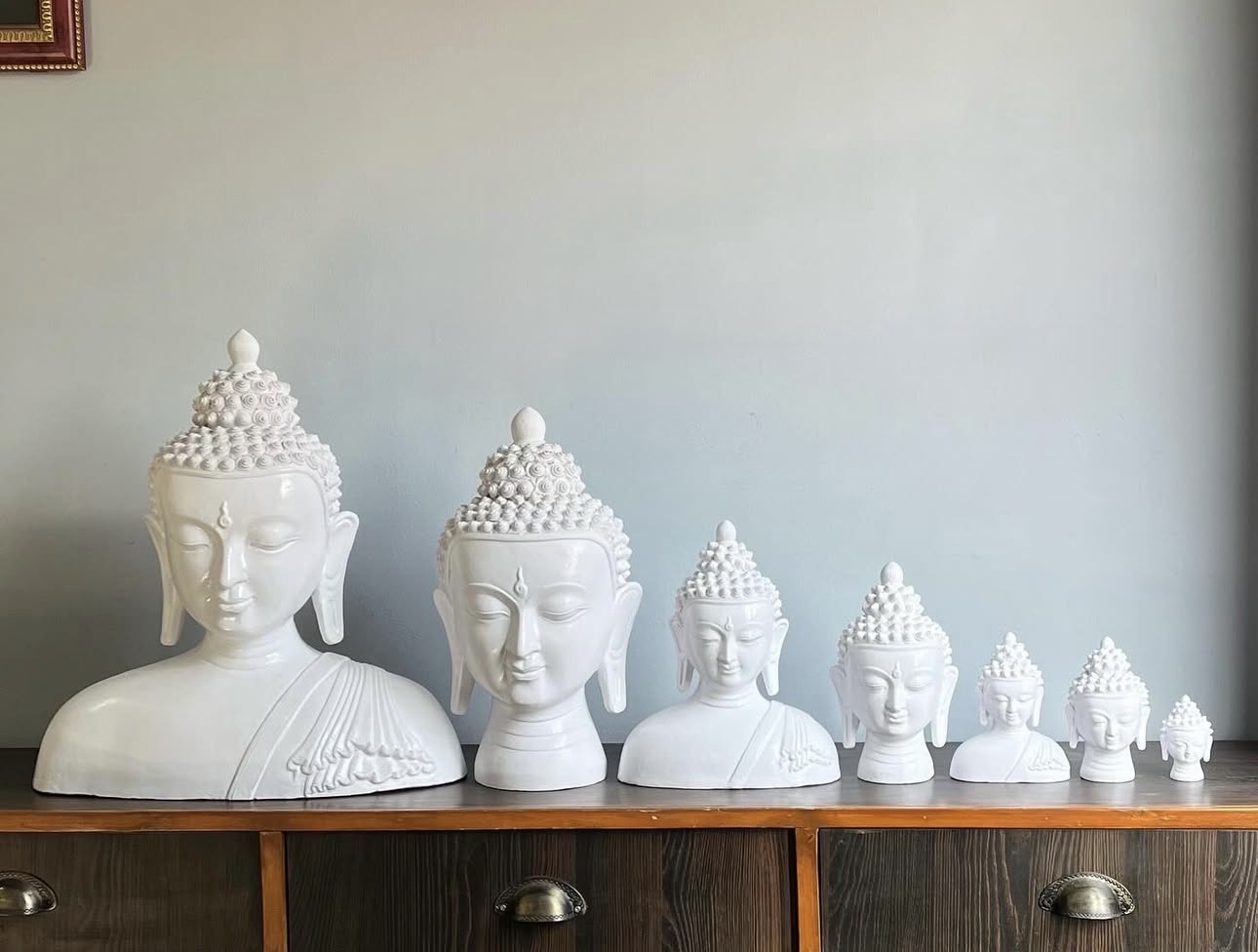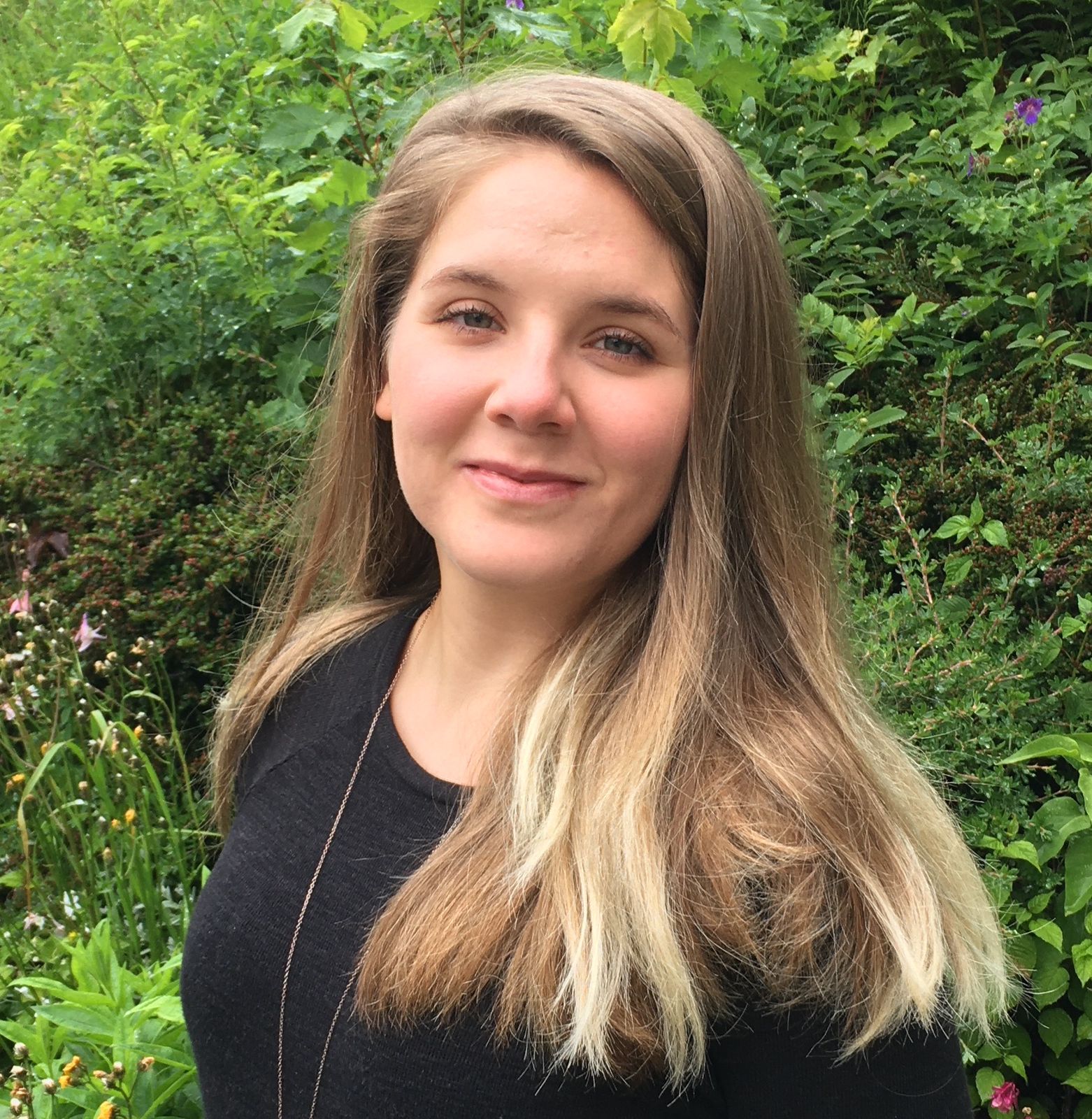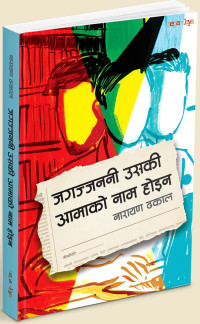Culture & Lifestyle
How a 22-year-old revived her family craft
Riya Prajapati has turned a family legacy into a thriving creative space in Bauddha, blending art and entrepreneurship.
Britta Gfeller
In Prajapati Ceramic in Bauddha, ten pottery wheels await creative hands; the walls are lined with mugs, trinket dishes, and bowls in various shapes and sizes, crafted by potters of differing skill levels.
“It was such a random idea, and I’m so happy that I did it,” says Riya Prajapati, the 22-year-old founder of Prajapati Ceramic, which she says is “the first pottery studio in Kathmandu”.
Prajapati tried pottery for the first time when she was 19. Her uncle, who deals with ceramics, taught her a few tricks of the trade. “I didn’t really get it. I was not intrigued. I never would have thought that it would become such a big thing for me.”
Yet, pottery runs “in her veins”, as she says today. The Prajapati caste has been producing and dealing with pottery and ceramics for many years. Riya’s uncles are still in the business; her father, even though a skilled potter, chose another path. Before his retirement, he dealt with cars and motorbikes. Riya’s mother is a beautician.
After her first attempts at pottery, she did not pursue the craft. Until she saw a call for entries for the Lord Paul Enterprise Award at the Herald College Kathmandu, where she studies Computer Science. The competition gives one aspiring entrepreneur from Nepal the chance to win a cash prize and expert business consulting to help them develop their business ideas.
.JPG)
“I searched on Google, and saw that there was no pottery studio in Kathmandu. There are some in Patan and Bhaktapur, but none in the capital,” she explains. “This gave me the idea to open the first studio here.”
Her plan: A space where she can connect the artistic legacy of her family with mental health. “Pottery is very therapeutic—especially for people who use a lot of electronics,” says the young entrepreneur. “Pottery teaches you patience. Rather than only thinking of the result, you stay in the moment. And it makes you forget all the things you stress about, because you have to focus on what you’re doing with your hands.”
The idea was there, but there was still a long way to go. When Prajapati applied for the business prize for the first time, she did not win. “I think it was due to my lack of communication skills,” she says. “I couldn’t convey my idea.”
But this did not stop her. In 2023, she founded Prajapati Ceramic—back then, without a pottery studio or classes. The focus was on selling the handcrafted Gautam Buddha statues that her uncles produce. At the same time, Prajapati started posting videos on social media about pottery and her uncles’ work. “I know how important social media is for a business,” she says. Meanwhile, her dad taught her to do pottery herself.
She still believed in the success of a pottery studio in Kathmandu. And after some time, she convinced her parents to let her use their business venue, which had previously been used as a restaurant. With the help of her father, mother, and brother, she transformed it into a cosy studio.
In May 2024, on her second try, she was granted the Lord Paul Enterprise Award—and with it £1,500 prize money, which she invested in pottery wheels.

A month later, she welcomed her first customer—a woman who knew her from TikTok. “I was nervous, I didn’t know how to teach back then,” Prajapati says. “But the more I taught, the better I got—also at doing pottery. Fixing the wobbly designs of the customers is the best way to learn.”
The business is flourishing. Every day, Prajapati welcomes clients from all over the nation and the world, representing all age groups. “We have tourists that want a fun activity or want to learn more about our artistic heritage, we have couples that come to us for a date, or children that celebrate their birthday here,” she lists.
A few months ago, she and her family even tore down a wall to enlarge the space and make room for more pottery wheels. “We closed for only one day during the construction work. And that day, ten people called us and expressed interest in doing pottery. So we re-opened and hid the construction site with a tarp,” she says, laughing.
Prajapati also has big plans for the future. She would like to train women to become pottery teachers, “I want them to have their own income and be able to work close to their home.”
She is convinced that businesses like hers could secure a future in Nepal. “We have so many young people who are leaving the country because they have more opportunities abroad,” she says. “But it’s important that we stay in our nation and promote our handicrafts.” Her dream is to one day open more studios in different locations.
“I think it’s important that we don’t just plan and dream, but that we actually execute our ideas,” Prajapati says. “Doing too much research is boring and will drain your energy. My tip for people wanting to start a business: Just start.”




 22.26°C Kathmandu
22.26°C Kathmandu















